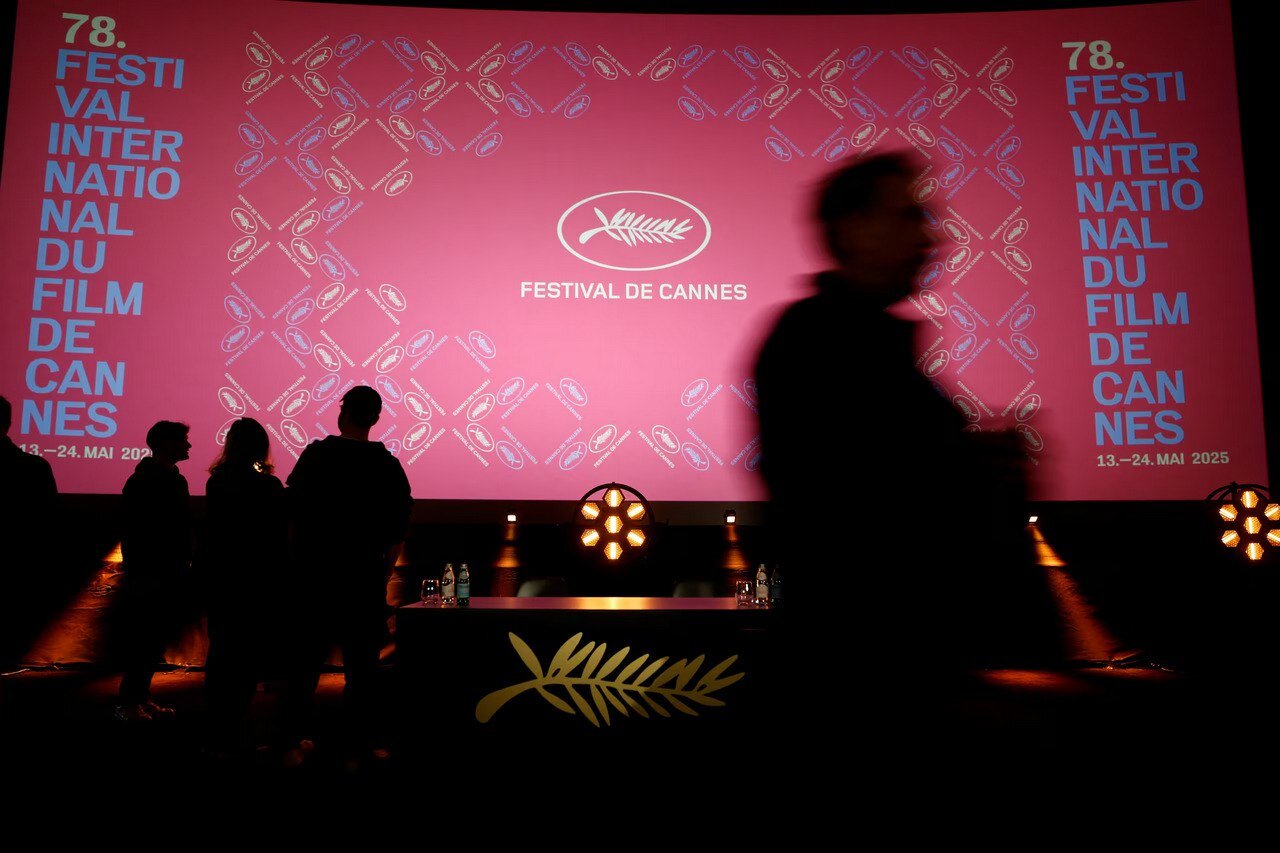Political Cannes awards target propaganda, not art

TEHRAN – Following the pattern of politicizing art and cinema, this year's Cannes film festival again proved the way in which artistic merit has been sacrificed for political agendas.
Jafar Panahi’s new film took the Palme d'Or award despite the fact that, according to independent critics, it has little artistic merit and cinematic appeal and the award was presented to it for its political orientation.
Following Panahi’s “It Was Just an Accident” winning the Palme d'Or on May 24, Jean-Noël Barrot, Minister for Europe and Foreign Affairs of France, wrote in a post on the social media platform X: “In a gesture of resistance against the Iranian regime's oppression, Jafar Panahi wins a Palme d'Or that rekindles hope for all freedom fighters everywhere”.
In the wake of these unfounded and interfering accusations of the French Foreign Minister towards the Islamic Republic of Iran, the French charge d'affaires in Tehran was summoned by the Director of Western Europe Division II at Iran's Ministry of Foreign Affairs, Mohammad Tanhaei. Iran’s firm protest was conveyed to him formally.
The French minister's words were described at the meeting as a flagrant interference in the affairs of Iran and condemned as irresponsible and provocative. An official clarification was further demanded from the French Ministry of Foreign Affairs.
Tanhaei further condemned the French government for using a cinematic event it organized for political reasons against the Islamic Republic of Iran, adding that a country like France, a firm Zionist regime supporter and an accomplice to serious violations of human rights and humanitarian law, especially the right to self-determination of the Palestinian nation, has no moral right to raise human rights allegations against others.
The French chargé d'affaires affirmed that he would deliver Iran’s message to his government.
Such interventionist comments made by the French foreign minister on Iran's domestic affairs evoked a response from Iran's Foreign Minister, Seyed Abbas Araghchi.
“There have been many transgressions making a mockery of France's 'human rights activism'. But perhaps nothing has made the hypocrisy as stark as the French approach to the Israeli regime and its war crimes. Spare us Iranians the lectures. You have no moral authority whatsoever,” Araghchi wrote on X on May 25.
This is not the first instance of Western festivals praising politically-motivated films against the Islamic Republic. A glimpse at such films indicates that they do not have cinematic and artistic values but are rather blunt, repetitive political commentaries. Such films tend to project a distorted, grim, and incomplete picture of Iranian life, while being used as propaganda material for Iranian-hating media.
Iranian cultural experts are of the opinion that which secured Panahi the Palme d'Or was not cinematic brilliance or artistic novelty, but political alignment of the subject matter of the film with the pro-Western Iranophobia agenda.
The strategic deployment of the arts to secure cultural sabotage occurs in the guise of advocating the cause of freedom of expression and artistic independence - yet actually, the Western festivals have become an arena to shape desired narratives and to exercise soft power over international public opinion.
Ultimately, what occurred at Cannes this year provides another instance where we see Western cinema to be not an arena for artistic contention, but an arena of political score-settling — where juries measure a movie not with the yardstick of artistry, but with the scale of politics.
SS/SAB
